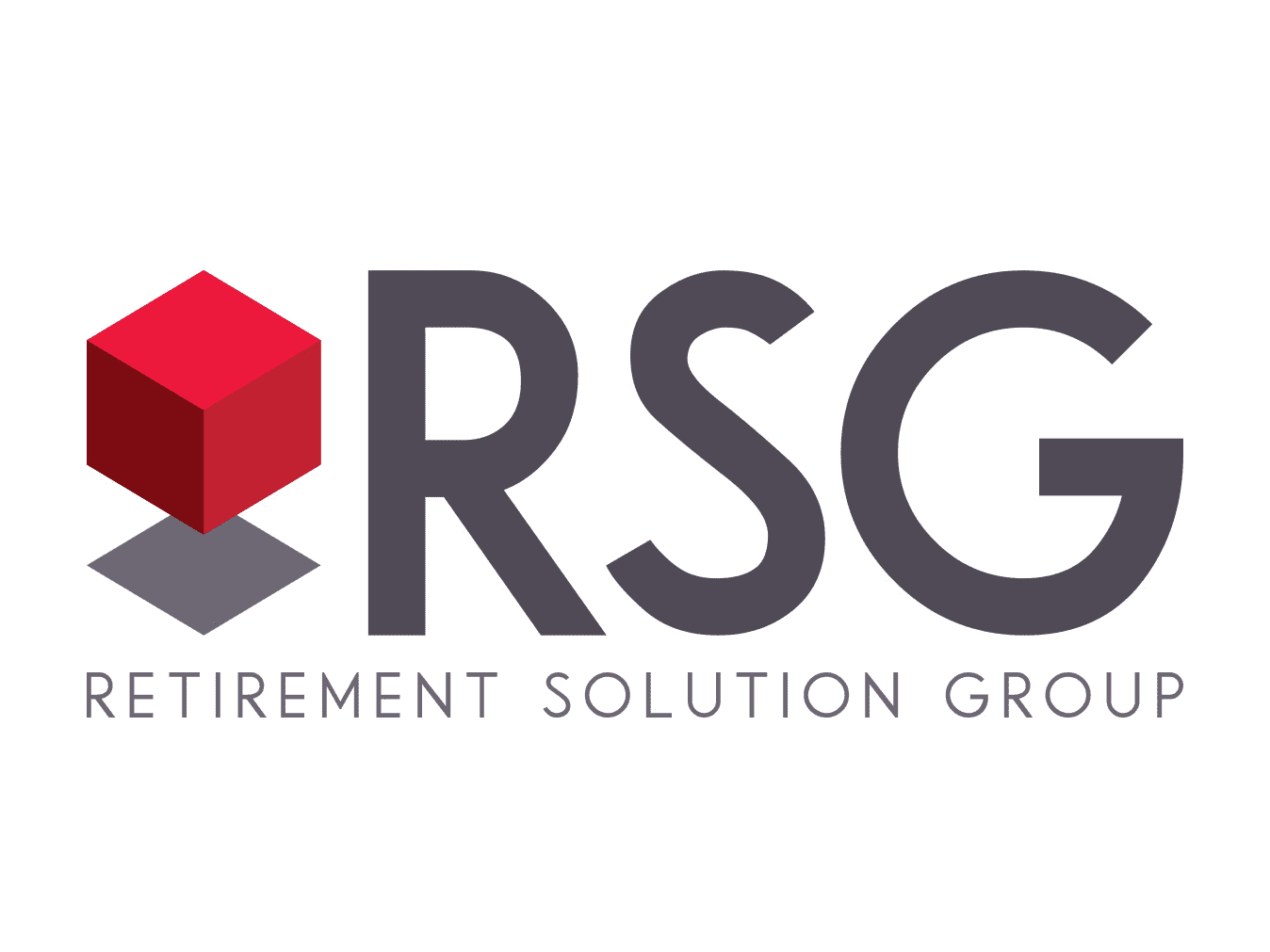Each year 401(k) plans are required to perform compliance testing to demonstrate that 401(k) plans do not discriminate in favor of highly compensated employees and that contributions do not exceed certain limitations. Plans that are on a calendar year basis are probably just now completing or working on these tests. It is the right time to understand the conditions that lead to your 2020 decisions, review your plan and get support on how impactful some of your 2020 decisions would be on the testing issues in preparation for the upcoming year.
The Perfect Storm
My family is from a small town in New Hampshire called Portsmouth. Not referenced in many movies, but actually it is a key plot line to the book and movie, The Perfect Storm. Maybe that is why I love that movie, or maybe it is because I know those fishing towns that Sebastian Junger so perfectly narrated in the book, “There are houses in Gloucester where grooves have been worn into the floorboards by women pacing past an upstairs window, looking out to sea.”
The point is it is never easy to be an offshore fisherman. But there are times when two or three challenges come together and the worst fears take place. Perhaps it is a stretch to turn that into an analogy on 401(k) compliance testing but I am going to make that leap. Meaning for many, every year is a bit of a challenge. It is overcomplicated and often stressful to get the data right while managing a deadline with tax consequences. But there are situations and events when the normal compliance testing challenges can move from challenging to nightmarish.
Influences on Compliance Testing
The Perfect Storm here is that three key challenges that came together in 2020, making this testing season unusually challenging for an unusually high number of clients. Compliance testing is impacted by numerous things, but three most disruptive elements are plan design, demographic changes, and legislation.
All three of these challenges came together in 2020, forming its own little perfect storm.
- Thanks to the challenges of the pandemic, many employers reduced and/or eliminated their match or employer contributions, in some cases terminating safe harbor protections due to cash flow concerns.
- At the same time, many of these same employers had unusually high employee census changes due to terminations and furloughed employees. Others saw staff taking temporary pay cuts, which at times is reflected in deferral changes. All impacting the census data for 2020, which directly impacts testing.
- Finally, the pandemic also brought massive legislative changes with the Cares Act. We saw this offer historic access for participants to take distributions, take additional and larger than normal loans, suspend loan repayments and waive RMDs.
A Holistic Approach with Consultative Advice
I am a small business owner. I have managed that business through at least two true crisis. The Great Recession and Covid-19 pandemic are the two events that threw out all business plans during those periods as strategic growth took a back seat to survival and crisis management. So I fully appreciate some of the decision that were made by many employers during the 2020 year. But as we moved into the latter months of 2020 with prospects, clients and friends of the firm, we found that the common issue we have spoken about regularly was impactful around these decisions. The lack of consultative support was a common pain point we have heard from numerous employers and their advisors. By no means am I suggesting these decisions and changes made at an employer level were “wrong” but I am arguing that many of them were made without understanding the impact that they would feeling during the early months of 2021, which is of course 2020 testing season.
We were so surprised and happy to end 2020 with the best year-end new business in RSG’s history. The pain points and lack of support impacted many elements of the plan, including participant education, investment awareness and understanding the fast moving legislative environment during the pandemic crisis. But to “consult” with clients and not understand and be able to support them on how impactful some of the decisions would be on the testing issues (partial plan terminations, top heavy failures, ADP testing failures…) is a problem.
No one wants to be caught at sea during a perfect storm. But if you are fortunate enough to make it back to shore, it does beg the question “Do we have the right captain?”
Contact your RSG team today to start this discussion and schedule a plan review for your business.
